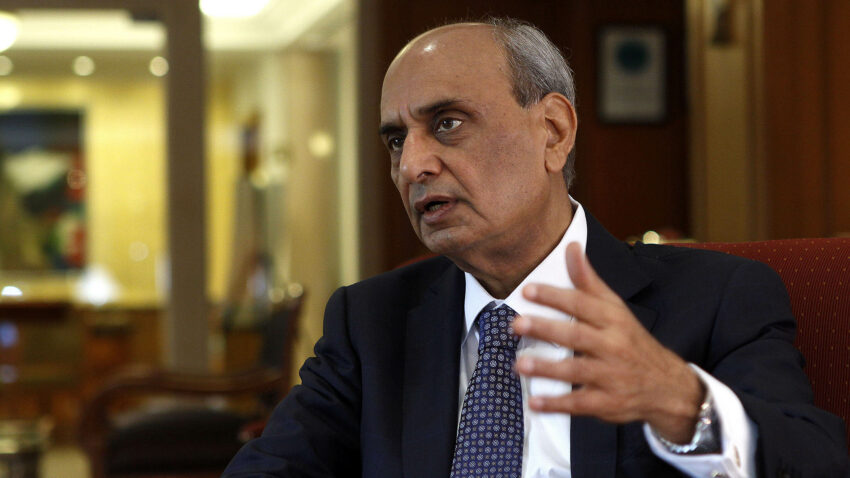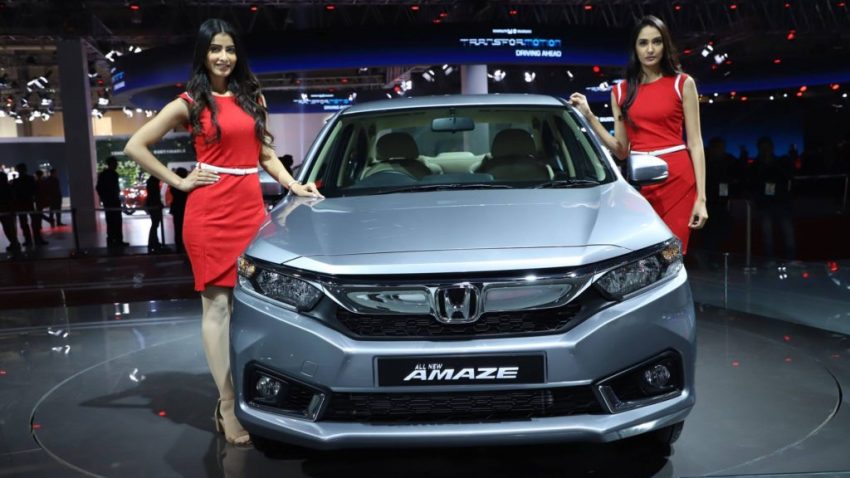Pakistan’s Foreign Minister Ishaq Dar’s recent statement about consultations with stakeholders on the resumption of trade ties with India marks a significant stride towards revitalizing the economy and fostering peace in the region.
Major political parties on both sides have supported normalizing trade relations for decades, but some significant stakeholders had doubts. Renowned business tycoon and the key figure behind Hyundai-Nishat Motors, Mian Mansha also emphasized on multiple occasions regarding resuming trade with India. Nonetheless, Pakistan is willing to go forward and give geoeconomics precedence over geopolitics, as indicated by the National Security Policy (NSP).
Related: Mian Mansha Thinks Pakistan Should Resume Trade with India
We need to recognize the importance of time and make smart choices for our future. Pakistan’s economy has not been doing well: in FY23, it shrank by 0.6%, and it’s predicted to grow only by 2% in FY24 against a population growth of 2.6%. Poverty is already a big problem, affecting about 40% of people, and it’s getting worse due to high inflation and low growth. Analysts believe normalizing trade with India can help us significantly and is a proactive step toward rescuing ourselves from this dire predicament.

Moreover, another school of thought believes resuming trade with India is being instructed by those outside forces who are supposed to control the power strings in Pakistan. These forces now want Pakistan and India to rectify their ties together, or more precisely, want Pakistan to mend its ties with India. According to the World Bank, if we establish a normal trading relationship with India, our exports could increase by a staggering 80%, or about $25 billion. This could be a game-changer for Pakistan — enhancing the exports, easing the shortage of foreign exchange, and boosting the GDP growth.
Secondly, this is the shortest route to easing inflation pressure, which has been stubbornly high since the closure of direct trade. To keep inflation under control, the State Bank has to keep the interest rate high. At 22%, the private sector has stopped borrowing, seriously hurting industrial and GDP growth.
Third, we will save precious foreign exchange, which is currently spent rerouting goods through third countries. Some studies suggest that with freight and eliminating other expenses involved with rerouting through third parties, Pakistan could save over $1 billion annually.
Related: Should We Begin Importing Second-Hand Cars from India?
Talking about the automobile sector in particular, it would open a lot of avenues both for new cars as well as used cars. We already know prices of used cars in India are dirt cheap compared to Pakistan, hence if somehow refurbished Indian used cars (most of which are common between the two countries), would do great in bringing down the outrageous prices of used cars in our country and would give another flavor in addition to the used JDM imports.

As far as the new cars are concerned, many automakers are forced to source parts from Indonesia & Thailand due to trade restrictions with India, when similar or ingeniously developed models & their jigs & kits are lying right across the border. There are various models from Suzuki, Hyundai, Kia, Toyota, Honda, and MG that have the potential to significantly expand these automakers’ portfolios in Pakistan, given they already have production plants in both countries.
Moreover, this could also open doors for Indian automakers such as Tata and Mahindra to tap our market since these brands already have a presence in other neighboring markets such as Bangladesh & Nepal. Overall it is believed that our ailing auto sector will receive a much-needed boost in terms of available options, better products, and more affordable prices.

Some argue that we should not normalize trade relations unless the Kashmir issue is resolved. However, many countries, including China and India, China and Taiwan, and Israel and Arab countries, have border disputes yet continue trading. Pakistan has had this border dispute since independence, yet the founding fathers of both countries did not resort to closing trade.
Related: If China Can Have Business Ties with India, Why Can’t We?- Mian Mansha
In addition, some people are against trade liberalization because they believe that India’s ability to export more than Pakistan will increase our trade imbalance. It is critical to understand that importing items from India may substitute more expensive imports from other sources, hence reducing our overall trade deficit. For instance, India’s trade deficit with China amounts to approximately $100bn, and Bangladesh’s deficit with India is around $14bn. Despite these significant trade imbalances, both countries continue this trade as they realize that importing these goods elsewhere would cost more.

Pakistan could take the initial move towards easing the import ban on goods from India. Naturally, India would have to pay back by eliminating the additional tariffs placed on imports from Pakistan. Despite the misleading belief that the two countries will need to negotiate a new trade deal, the structure for the deal on the South Asian Free Trade Area already exists. The upcoming elections in India will perhaps make things more clear if trade is to be resumed at full pace.
Parts of this article have been sourced from Dawn

A computer animation professional with over 23 years of industry experience having served in leading organizations, TV channels & production facilities in Pakistan. An avid car enthusiast and petrolhead with an affection to deliver quality content to help shape opinions. Formerly written for PakWheels as well as major publications including Dawn. Founder of CarSpiritPK.com




